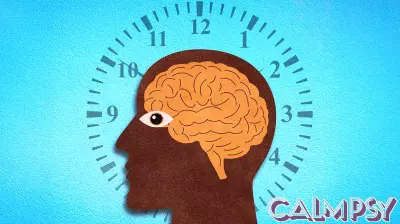Raising the Bar: The Power of High Expectations in Team Performance
December 15, 2024 - 02:41

Sometimes the best way to motivate your team is by setting your own expectations high for them to reach up towards. High performance is often driven by the psychology of expectation, where individuals feel inspired to rise to challenges presented by their leaders. When leaders articulate ambitious goals, it creates a culture of excellence that encourages team members to push their limits.
Research shows that when expectations are elevated, individuals are more likely to engage deeply with their work, fostering a sense of ownership and accountability. This dynamic not only enhances individual performance but also strengthens team cohesion as members rally together to achieve common objectives.
However, it is essential to balance high expectations with support and resources. Providing the necessary tools, training, and encouragement can empower team members to meet these challenges confidently. Ultimately, establishing a high-performance environment through elevated expectations can lead to remarkable achievements and a thriving workplace culture.
MORE NEWS

February 21, 2026 - 04:49
New Theory of Learning Upends the Lessons of Pavlov’s DogA groundbreaking new theory is poised to rewrite a fundamental chapter in psychology, directly challenging the legacy of Pavlov`s famous dogs. For over a century, the principle of...

February 20, 2026 - 03:37
Psychology says people who pick up litter even when no one is watching usually display these 7 traits that are becoming increasingly rareIn a world where actions are often performed for social validation, a simple, unobserved act—picking up a stray piece of litter—can speak volumes about a person`s character. Psychologists note...

February 19, 2026 - 09:31
Psychology says the reason you feel exhausted after doing nothing all day isn't laziness — it's that unresolved decisions drain more energy than physical effort ever couldIf you`ve ever collapsed on the sofa after a seemingly lazy day, bewildered by your own fatigue, psychology points to a clear culprit: your unmade decisions. The mental load of unresolved choices�...

February 18, 2026 - 23:26
Meredith Professor Elected as President-Elect of the Society of Occupational Health PsychologyDr. Leanne E. Atwater, the program director for the Master of Arts in Industrial-Organizational Psychology program at Meredith College, has been elected as the President-Elect of the Society of...